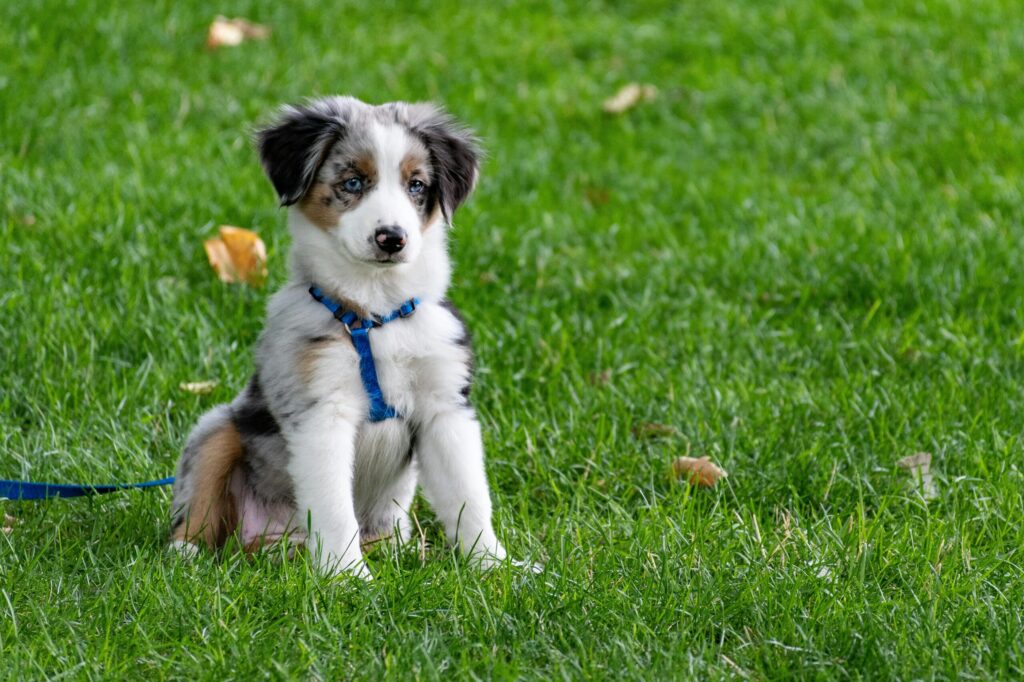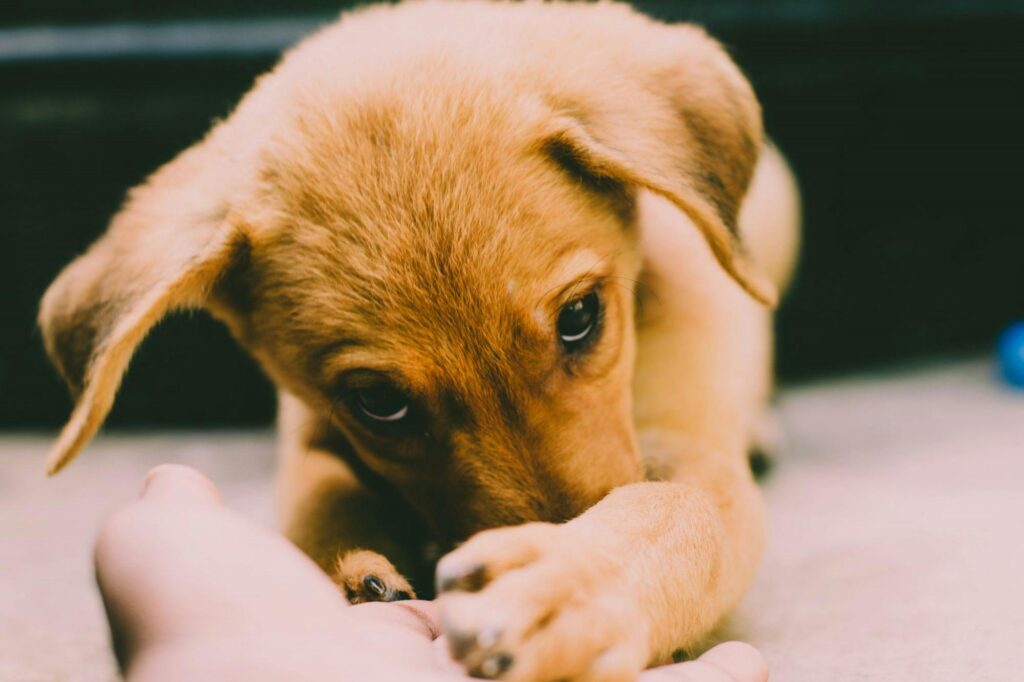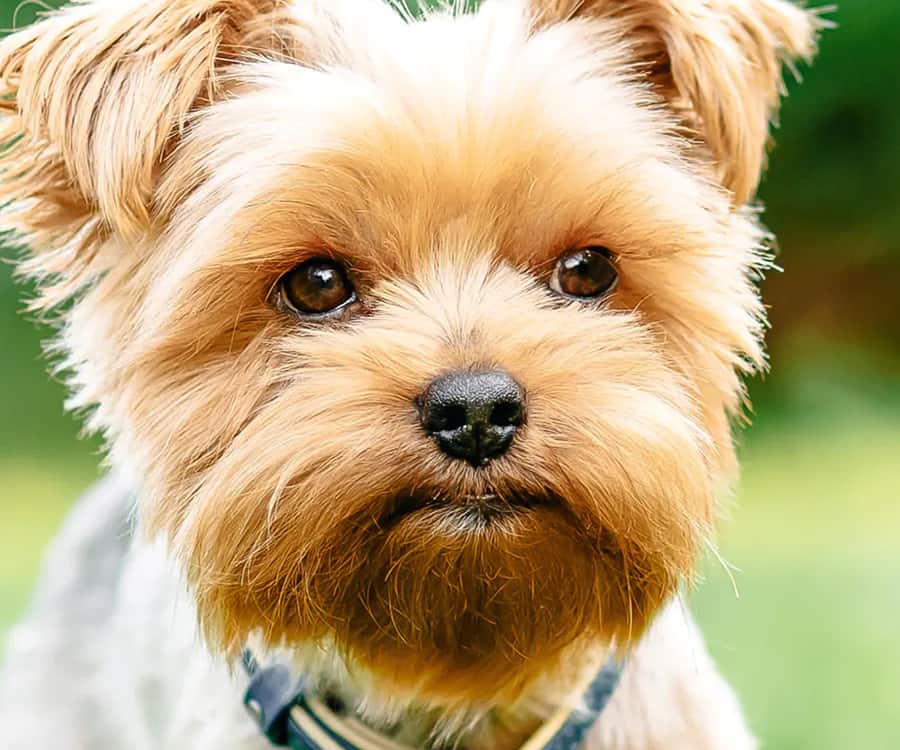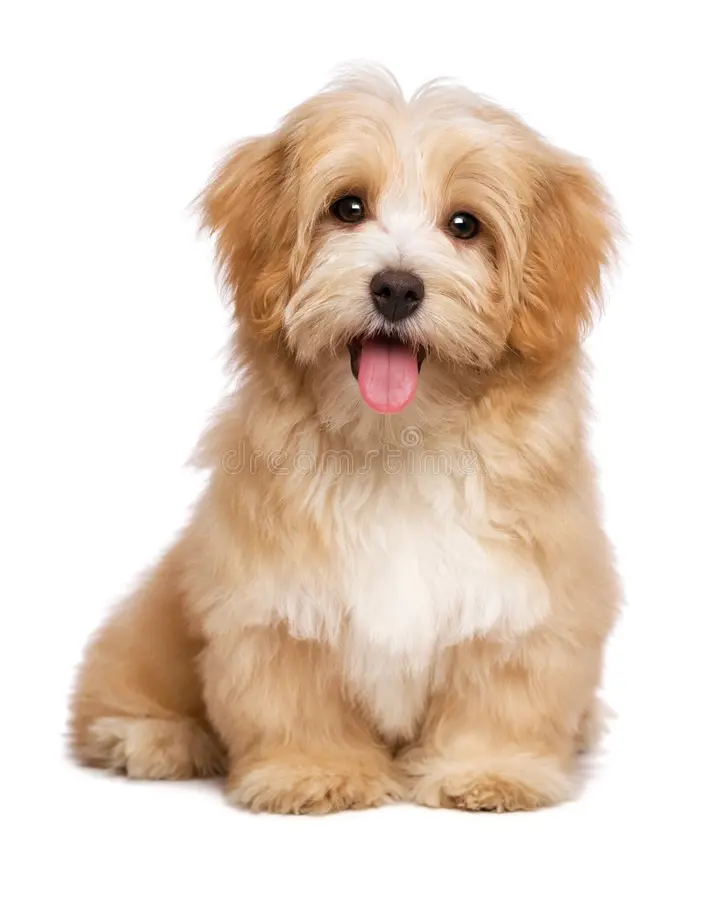Introduction
Welcoming a puppy into your home is a joyful experience, but it also comes with responsibility. Training is a crucial part of raising your pup, helping them develop good habits, social skills, and obedience. House training and basic commands are the foundation of puppy training, and when done correctly, they set the stage for a lifetime of good behavior, confidence, and a strong bond between you and your dog.
Importance of Early Training
Training your puppy from the start prevents problem behaviors and instills positive ones. Puppies learn best during their socialization window, which occurs between 8 and 16 weeks of age. Early training builds confidence, prevents behavioral issues, and helps your puppy adapt to new environments and people. It also encourages healthy communication between you and your dog, ensuring they know what is expected of them.
House Training
House training is one of the first and most important lessons for puppies. The goal is to teach your pup to eliminate in the right place and avoid accidents indoors.
Establishing a Routine
Consistency is key. Take your puppy outside first thing in the morning, after meals, naps, and playtime. Puppies usually need to go every 2–3 hours, so sticking to a schedule will help them learn faster.
Designating a Bathroom Spot
Choose one outdoor spot for bathroom breaks. Guide your puppy there each time, and use a verbal cue like “go potty.” Puppies quickly associate the cue with the action, making future training easier.
Positive Reinforcement
Reward your puppy immediately after they eliminate outside. Praise them warmly, give treats, or provide playtime. Punishment for accidents should be avoided; instead, clean up calmly and reinforce proper behavior next time.
Crate Training for Success
Crates are helpful for house training because dogs naturally avoid soiling their sleeping area. A properly sized crate teaches bladder control and keeps your puppy safe when unsupervised.
Teaching Basic Commands
Puppies thrive when they learn simple commands. These not only improve communication but also provide mental stimulation.
Sit
Start by holding a treat above your puppy’s nose and move it backward. As their head follows the treat, their bottom naturally lowers. Once seated, say “sit” and reward them.
Stay
With your puppy in a sitting position, hold your hand up like a stop sign and say “stay.” Increase the distance and duration gradually, rewarding them when they hold their position.
Come
Use a cheerful voice, call your puppy’s name, and say “come.” Reward immediately when they run to you. This command is critical for safety in off-leash situations.
Down
Ask your puppy to sit, then guide a treat down to the floor. When their body follows, say “down” and praise them.
Leave It
Hold a treat in your closed hand and say “leave it.” Wait until your puppy stops sniffing or pawing, then reward them with a different treat. This command prevents dangerous ingestion of harmful items.
Socialization
Beyond commands and house training, socialization is essential for a well-rounded dog. Expose your puppy to different people, dogs, sounds, and environments in a positive way. Proper socialization reduces fear and aggression later in life.

Preventing Undesirable Behaviors
Chewing, barking, and jumping are common issues in puppies. Provide chew toys, redirect unwanted chewing, and teach calm greetings to prevent jumping. Consistency ensures your puppy learns the right behavior instead of reinforcing the wrong ones.
Patience and Consistency
All training requires patience, persistence, and consistency. Set clear boundaries, use the same words for commands, and maintain a calm demeanor. Training sessions should be short (5–10 minutes) to match a puppy’s attention span, but repeated multiple times daily.
Advanced Training and Enrichment
Once your puppy masters the basics, introduce advanced training like leash walking, recall in distracting environments, or agility exercises. Mental challenges such as puzzle toys and obedience games keep your puppy engaged, reduce boredom, and strengthen your bond.
Summary
Raising a puppy requires effort, but training makes the journey smoother and more enjoyable. House training and basic commands form the core of a well-behaved dog, while socialization and consistency ensure they develop into confident and loyal companions. With patience, love, and the right techniques, your puppy will grow into a happy and obedient member of your family.



